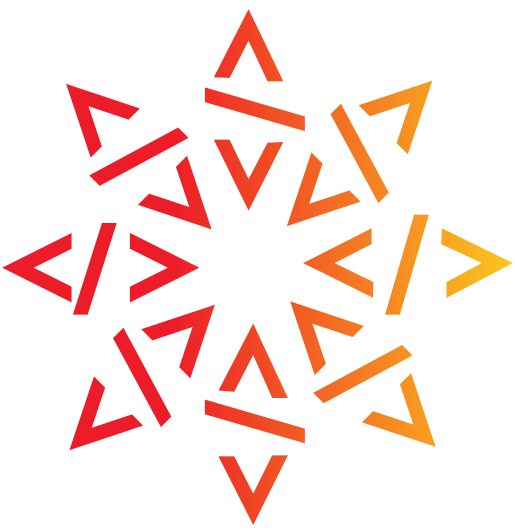Research Software gets on stage in two new European projects

In June 2020, exactly two years ago in the middle of the pandemic, a dedicated task force was assembled to work on Scholarly Infrastructures Research Software (SIRS) as part of a larger ecosystem called the European Open Science Cloud (EOSC), an initiative supported by the European Commission, member states and research communities to federate research infrastructures, mainly focused on enabling seamless production, exchange and use of FAIR research data. In December 2020, it delivered the EOSC SIRS report, which contained an actionable plan for a stable and open architecture of collaborating scholarly infrastructures supporting research software, and concrete recommendations to implement it, ranging from short term to long term, from technical to policy.
Towards software in European infrastructures
Two years later, in June 2022, we are happy to announce that we are taking part in two new European projects with that will contribute to turning the SIRS report into reality, and that just held their kickoff meeting in Amsterdam:
- FAIRCORE4EOSC – “Developing EOSC-Core components to enable a FAIR EOSC ecosystem” led by Tommi Suominen, CSC
- FAIR-IMPACT – “Expanding FAIR solutions across EOSC” led by Ingrid Dillo, DANS
Our goal, through participation in these projects, is to further recognition of the importance of software in research, building tools and services to interconnect with the scholarly ecosystem, and improve guidelines to foster their broad uptake.
We provide here a short overview of the key software-related work that is going to be performed in these projects.
In this project, Inria is a core partner leading a full work package, named Services and tools to archive, reference, describe and cite research software, following the recommendations and plan defined by the SIRS report. It will develop Research Software APIs and Connectors to ensure the long-term preservation in the Software Heritage archive of research software in different disciplines, establish a mirror of the Software Heritage universal source code archive for the EOSC, and ensure regular archival in Software Heritage of core EOSC code hosting platforms. It will also design curation mechanisms to support quality metadata, in particular for citations, and contribute to standardisation for software metadata and identifiers.
To achieve these objectives we are collaborating with a panel of partners including, CERN (InvenioRDM, Zenodo), LZI (Dagstuhl), FIZ (swMath), GRNET, OpenAire, KNAW-DANS (DataVerse), IES-Inria (episcience), GWDG and DataCite.
What an exciting week in #Amsterdam!
We kicked off project activities together with our friends at @fairimpact_eu, planning the route for the development of 9 new components for the #EOSC-Core, in support of #FAIR and #OpenScience.
Join our journey: https://t.co/cJi9bfu75H pic.twitter.com/74zqvHMhNE— FAIRCORE4EOSC (@FAIRCORE4EOSC) July 1, 2022
FAIR-IMPACT is the sister project of FAIRCORE4EOSC with the role to support and disseminate FAIR-enabling practices, tools and services across scientific communities at a European, national and international level. In this project, Inria is leading a specific task in the Metadata and Ontologies work package called Standard Metadata for Research Software with the goal to develop and establish guidelines for the collection and the curation of metadata to archive, reference, describe and cite research software. It will build upon existing guidelines concerning research software metadata, and contribute to normalisation efforts around the CodeMeta initiative.
And that’s all for today! @fairimpact_eu team is closing works for today for a well deserved social dinner 🍵! More will come tomorrow with an intense agenda of presentations by #EOSC projects and breakout discussion moments. Stay tuned! #FAIRIMPACT #kickoff pic.twitter.com/dxNeClbyFJ
— FAIR-IMPACT (@fairimpact_eu) June 27, 2022
Next steps
Now that the kickoff meetings have taken place, we’ll start working on the specifications, and the guidelines, looking forward to be delivering the first tangible results in 2023. Tune in with the communication channels of FAIRCORE4EOSC and FAIR-IMPACT to follow the next developments!

